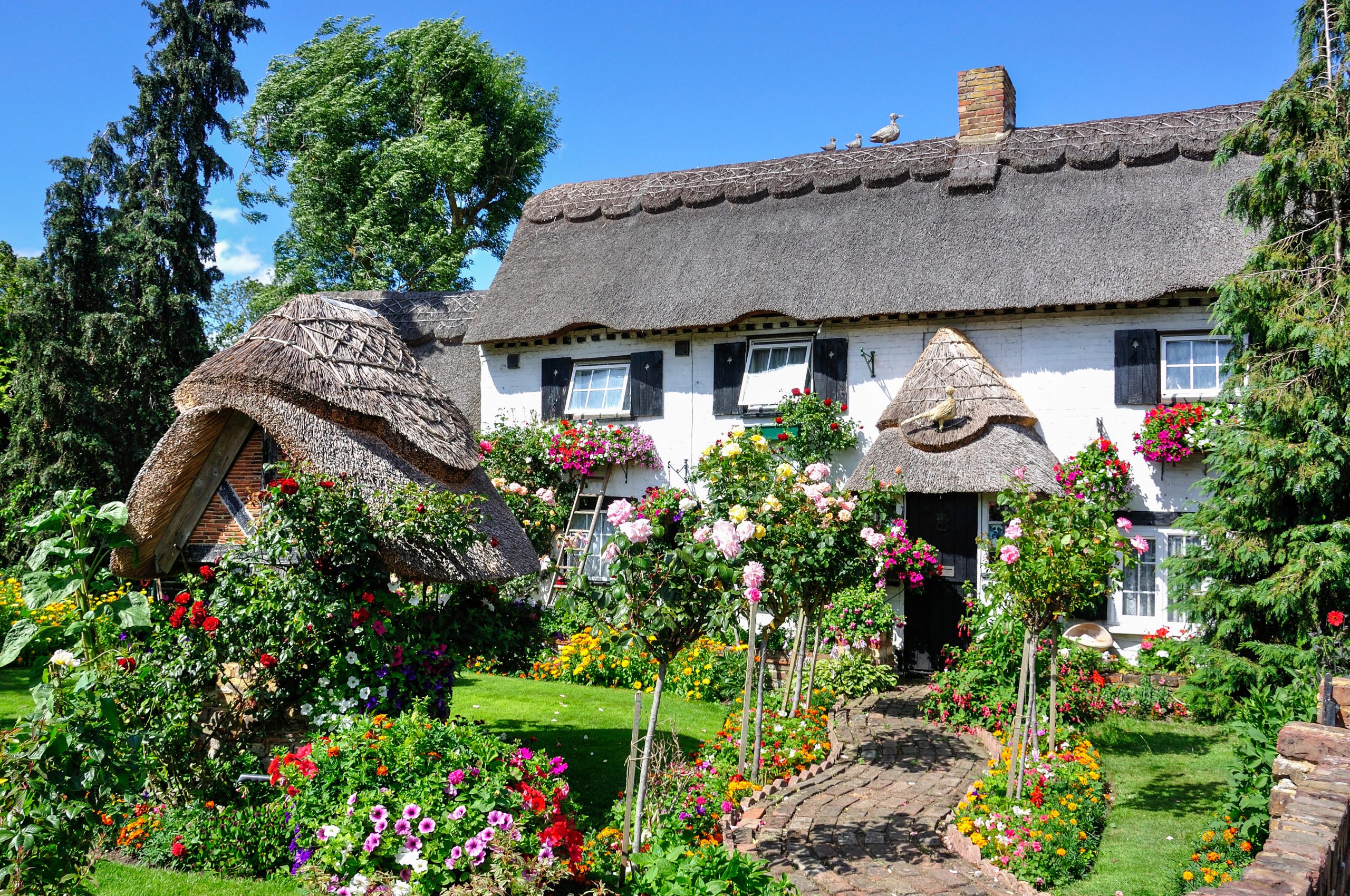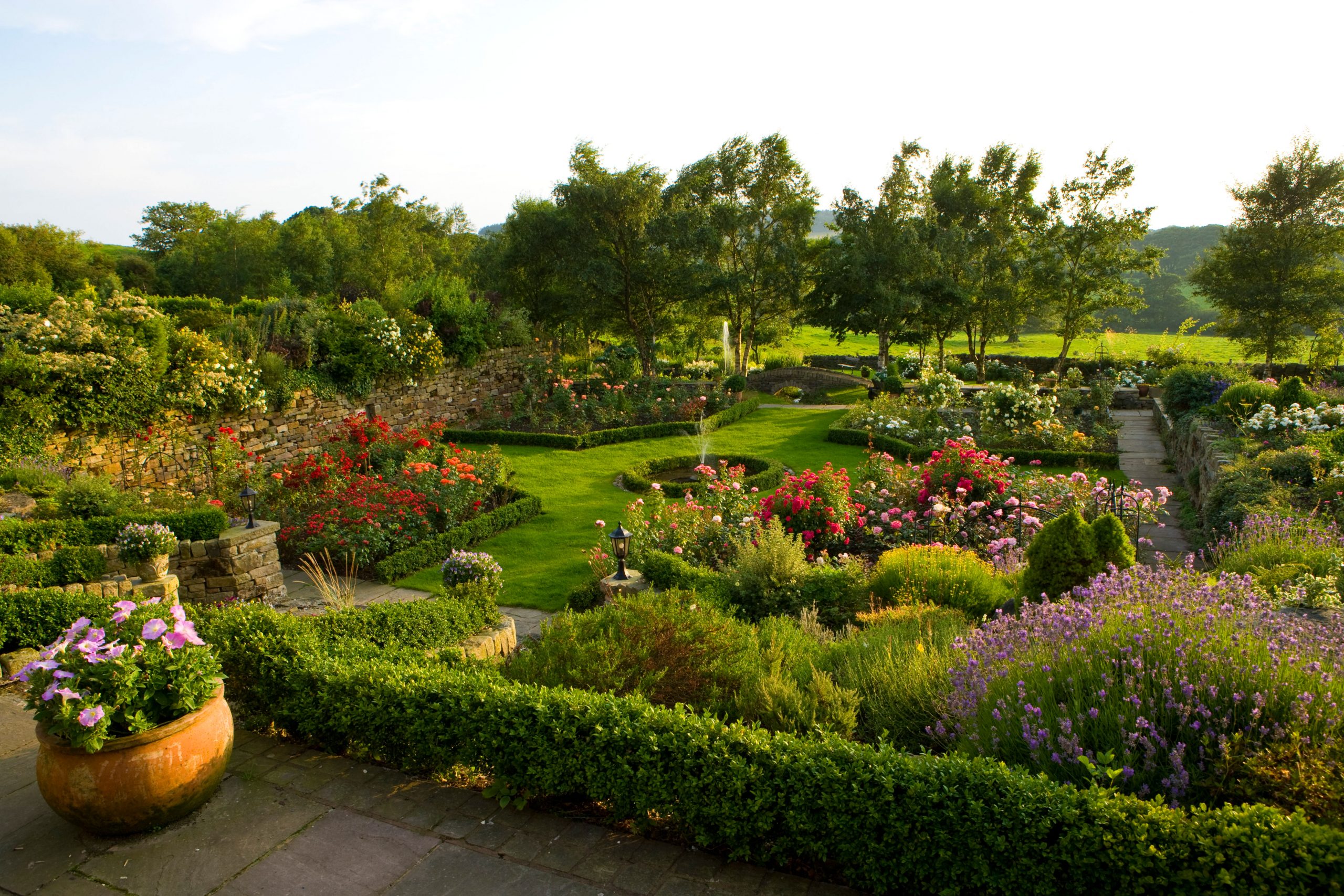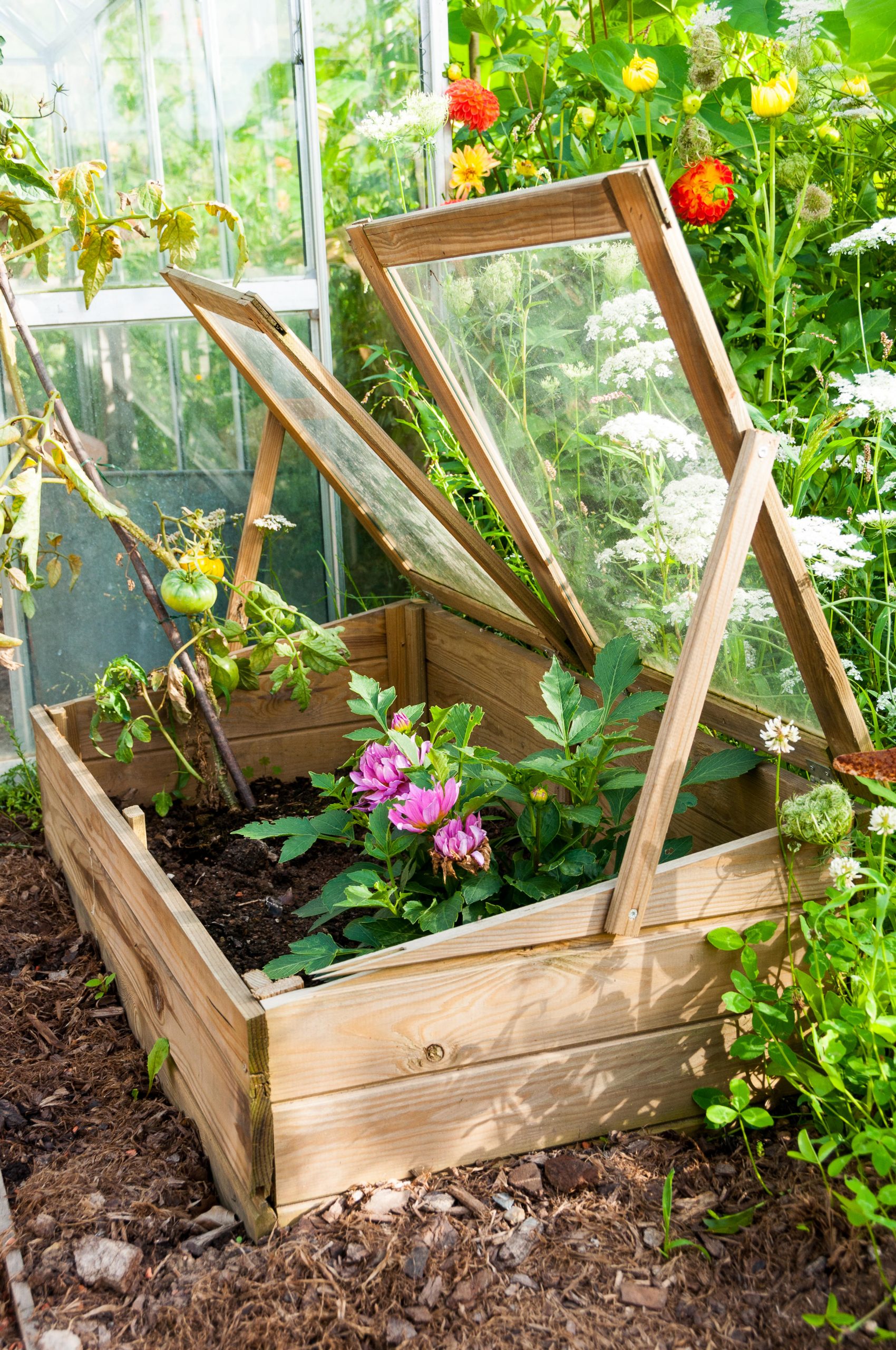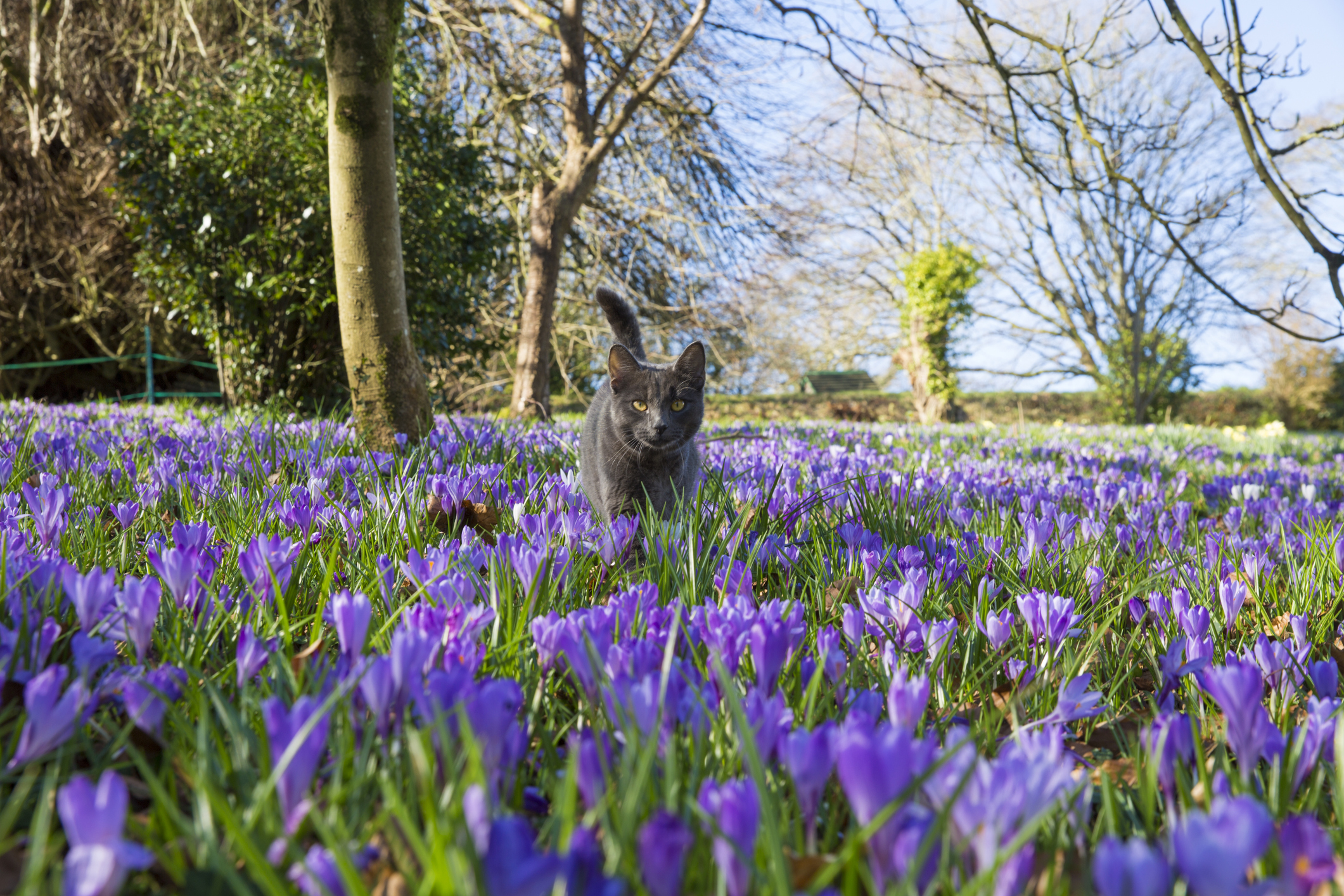Jason Goodwin: 'There's a hum about the whole house that reminds me of a great ship charting its course through the high seas'
The gardener’s lot is a happy one, says Jason Goodwin, even though you might end up with an inch of wood in your hand.

One of my favourite books for this time of year, The Vegetable Garden Displayed, is illustrated with black-and-white photos of a gardener working on his plot. His hair is cropped, his trousers high and his braces buttoned, and gloriously bleak and windswept is the long back garden of his house, bereft of flowers or shrubs, but containing many rods of sandy soil, raked to a fine tilth.
In Lancashire, I imagine, or Norfolk, he is interminably at work, cleaning off weeds with a hoe or demonstrating the proper way to move a trench when double digging. He is conscientious to a fault. I imagine he rides a lightly powered motorcycle and that when he lifts his eyes from the drill and looks at the kitchen window, he is looking forward to hotpot for supper.

The boys and I have been building cold frames from pallet wood and some excellent double-glazed windows I once pulled from a skip. Walter re-roofed the glasshouse with new, clear, corrugated plastic when the lock-down began, so now we have bright sunshine streaming in and several large panels of rigid plastic to play with.
It is a sad testament to the priorities of the age we live in that the materials we have invented, plastic and concrete, age so very disgracefully. The roofing sheets have yellowed hideously over the years and all sorts of noxious-looking algae have been living in the tubes, which are a catafalque of dead beetles and crinkly spiders. It’s still rigid and faintly transparent and you can cut it with a saw if you don’t mind making a noise like a thousand rooks mobbing a buzzard.
Once we had sawn the sheeting to size, I began riddling the tubes with a length of thin moulding, blowing out the accumulated filth with a jet of water from the hose-pipe. It was a lot of fun, as you can imagine, and probably should have attracted the attention of the police as a notifiable offence under the Lockdown Act.

It never occurred to me that it could be dangerous until the moulding snapped and I drove an inch of soft mahogany into the ball of my thumb. Some of that, I am happy to say, I managed to retrieve with a needle and pair of tweezers. The other half-inch will have to remain where it is.
To twizzle the tubes, I now use a fibreglass arrow belonging to a bow that disappeared a long time ago and, when the plastic is cleaner, we will knock it together to make cloches or use it to clad the sides of the cold frames. The cloches, being light, rigid and free, are an obvious improvement on the miniature polytunnel I bought last year in a moment of garden-centre-induced largesse and, once the woodwork on the frames has been painted white and they’ve been carried into position in the vegetable garden, it will all look very shipshape and Mr McGregor.
Sign up for the Country Life Newsletter
Exquisite houses, the beauty of Nature, and how to get the most from your life, straight to your inbox.
In fact, there is a hum about the whole house that reminds me of a great ship charting its course through the high seas. Kate is painting the hall a delicious blue. Harry is working up his director’s notes and writing history essays. Anna sells clothes on her account on Depop. Walter and his girlfriend sit at giant screens, open like wings, as they work conscientiously from home.
I remember that one of those screens is on secondment from the concrete canyons of the City, beeping and chattering away in the spare room, far from its natural habitat, as Izzy and I hammer bits of wood together on the lawn.

Credit: Getty
'Isolation is a revelation... there’s the time to see in depth what, before, we’ve only caught in passing'
Country Life's mystery columnist Agromones finds the silver lining in self-isolation.

Jason Goodwin: 'Politicians need historians as much as kings need minstrels'
Jason Goodwin undertakes a family cycle ride along the Danube.
-
 The King's favourite tea, conclave and spring flowers: Country Life Quiz of the Day, April 22, 2025
The King's favourite tea, conclave and spring flowers: Country Life Quiz of the Day, April 22, 2025Tuesday's Quiz of the Day blows smoke, tells the time and more.
By Toby Keel
-
 London is the place for me* (*the discerning property buyer)
London is the place for me* (*the discerning property buyer)With more buyers looking at London than anywhere else, is the 'race for space' finally over?
By Annabel Dixon